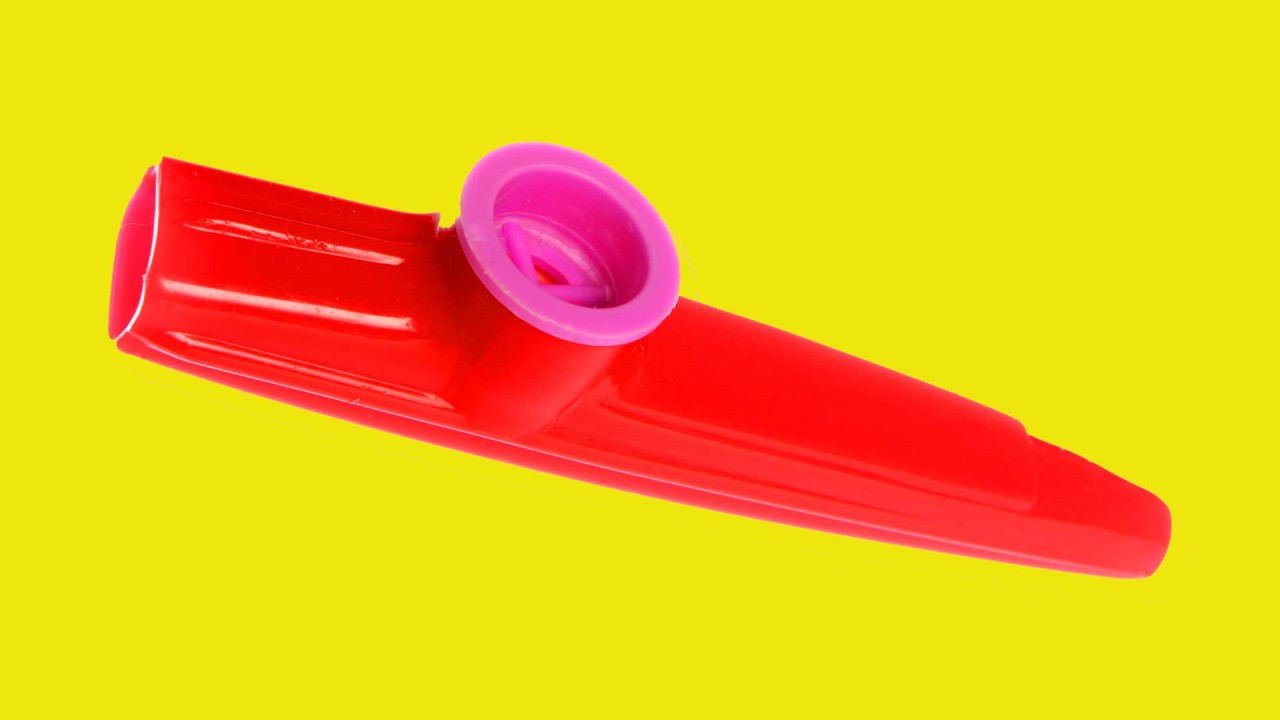.
Watching people play the kazoo out of their arses can relieve anxiety and procrastination
Ever catch yourself frittering away days on pointless activities, then feeling guilty about all the things you could've accomplished? We've all heard that old saying, "Procrastination is the thief of time," and some new research suggests its impact on higher anxiety levels. Leading to greater avoidance and a vicious cycle of feeling overwhelmed and inadequate.
Now, according to some psychology geeks: (I can say that as I consider myself one) turns out that constantly beating ourselves up about procrastination only makes it harder to break the habit. Why? Because procrastination is often our sneaky little way of dealing with stress and self-criticism. Let's say you’re feeling anxious about putting together that presentation, and you’re on a time limit. Instead of facing the terrifying possibility of churning out a crummy first draft, you bury my head in the digital sands of social media.
Hours later, you’re down a TikTok black hole of cats dressed in superhero outfits and people who can play the kazoo out of their arse. Sure, it's a one-way ticket to unproductivity, but hey, it gives a momentary reprieve from anxiety.
Procrastination and the links to perfectionism
To explain this further, psychologists believe procrastination may be because of perfectionism or fear of failure, which causes procrastination. Therefore overthinking what needs to be done leads to avoidance and not starting anything over, just something that brings you closer to doing the task.
In the case of planning that presentation, simply putting down ideas as a brainstorm can cause you to be even more anxious and perfectionistic. Procrastination, perfectionism, and anxiety start to form a vicious cycle that loops around endlessly.
Studies have shown that the more we fear failure, the more likely we are to indulge in procrastination. And if we keep berating ourselves for it, guess what? Our stress and anxiety levels skyrocket, leading us to seek even more temporary distractions. Before you know it, we're stuck in a never-ending cycle of self-sabotage. Unhelpful, isn’t it?
So what’s the answer?
Self-compassion can help
Psychologists have a trick up their sleeves. They say that practising some good old self-compassion might be the ticket to kicking procrastination to the curb. Picture this: Imagine you're giving a pep talk to a friend who's in the same boat as you. What kind and encouraging words would you use? This exercise helps dial down self-criticism and makes it easier for us to tackle those daunting goals.
Those smarty-pants researchers even found that students who embraced self-compassionate thinking spent more time studying after flunking an exam. Writing down a positive pep talk and saying it to yourself out loud several times supports new ways of thinking by making new positive pathways in the brain. Use Post-it notes around your workstation as helpful reminders.
What about trying strategic indulgence?
Brace yourselves for the concept of "strategic indulgence." Yes, that’s right, strategic indulgence. Yes, it might sound like some new wanky Californian diet, but trust me for a few minutes more. This gem was stumbled on at the Society for Personality and Social Psychology conference in Atlanta, Georgia. Get this: It means incorporating procrastination into your daily schedule. Whoo hoo, you have a reason to watch kazoo arse playing.
The research states that if, like me, you can't resist the allure of funny YouTube videos, set aside a specific time, like 11 am, to indulge in them for a sweet 10-minute break before getting back to work. This plays into the brain's reward mechanism by using extrinsic motivators; we’re tricking your brain into thinking it’s getting a payoff.
Build in 25 to 30-minute working cycles with strategic self-indulgence for best outcomes. By adopting this strategic indulgence approach, we can still enjoy those temporary mood boosts we crave. And here’s the bonus: Since it's a conscious decision rather than a spontaneous act of procrastination, we don't get hit with those feelings of failure. And guess what? That means we're less likely to tumble into that abyss of unproductivity and anxiety.
And here's the icing on the cake - it actually works! At the conference, Lile Jia from the National University of Singapore spilt the beans on early research. Turns out, students who work distractions into their schedules tend to stay more motivated and make better progress towards their goals, all while keeping their stress levels in check.
Finally, break down bigger tasks into little steps
Do the easiest thing first, even if it’s out of sequence. By doing this, your brain gets a dopamine hit, and voila, you’ve boosted your motivation instantly. Doing anything is better than nothing, so dial down the ‘must get it right’ and dial up the ‘do anything to get started’, which will also help.
In today's world of hustle and bustle, it's refreshing to see research that celebrates self-compassion and self-indulgence. So take heart! The thief of time may be an unwelcome guest, but with the right mindset, we can make sure its visits are short and sweet and support healthier thinking and working.
Now go out there and seize the day, but maybe take in a little YouTube arse kazoo playing first.
You deserve it!
























